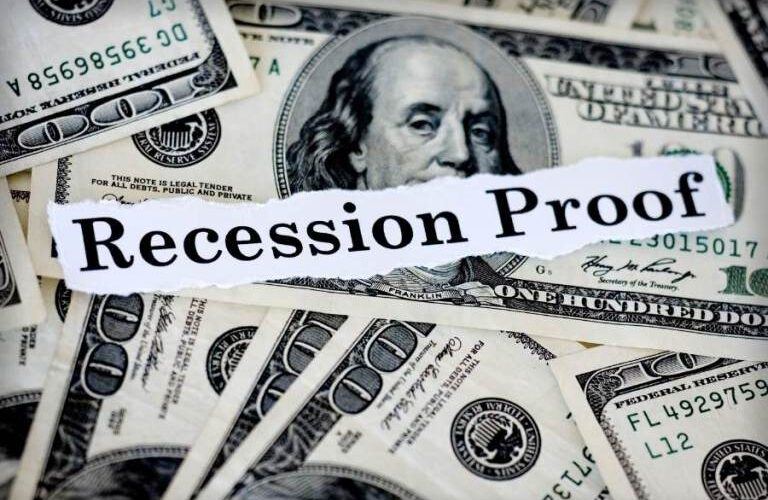Recession-proof investments, by definition, can retain their value or even grow during economic downturns. Unlike more volatile assets, these investments often offer stability when markets are shaky. Knowing what makes an investment recession-proof is key to safeguarding your money during uncertain times.
Certain industries are historically more resilient. Utilities, healthcare, and consumer staples—food and household goods—tend to perform well even when the economy dips. People still need to eat, stay healthy, and maintain their homes, making these sectors reliable bets.

Performance during economic downturns sets these investments apart. While stocks in tech or entertainment might plummet, shares in healthcare companies or utility services often hold steady or even climb. Real estate can also be a haven, especially properties in essential or affordable housing areas.
Misunderstandings about recession-proof investments are common. Some think recession-proof means risk-free. It doesn’t. It means lower risk. It’s more about having a diversified portfolio with a mix of assets that includes those proven to be stable in tough times.

Knowing where to put your money is only one piece of the puzzle. Keeping an eye on economic signals and being ready to pivot as needed is just as important. Diversify, stay informed, and adjust as the economic landscape evolves.
Strategies to Recession-Proof Your Finances
Financial preparedness is more important than ever. With the instability in job markets, having a solid game plan can make a big difference. One of the best ways to recession-proof your finances is by starting your own business. This doesn’t have to be a massive venture. Think small—like an online store or consultancy. Many businesses can get off the ground with minimal startup costs, making them accessible even if funds are tight.
Investing in yourself is another strong strategy. Enhancing your skill set or learning new ones can increase your value in the job market. There are countless ways to sharpen your skills, from online courses to professional certifications. This proactive approach can open doors to new opportunities, giving you an edge when jobs are scarce.

Building up your savings is also a crucial step. Aim to have an emergency fund that covers three to six months of living expenses. This safety net can be a lifesaver if you are financially bound. Even small, consistent contributions to your savings can add up over time, providing a buffer against economic shocks.
Exploring alternative investment options can also add stability to your finances. Precious metals like gold and silver have traditionally been safe choices during recessions. Bonds, especially government bonds, are another good option. They tend to be less volatile than stocks and can provide a steady income stream.

Learning from real-life success stories can be inspiring. Many people have successfully navigated economic downturns by being proactive and thinking outside the box. Whether it’s a freelance gig that turned into a full-time business or someone who pivoted careers by learning new skills, these stories can provide valuable lessons and motivation.






